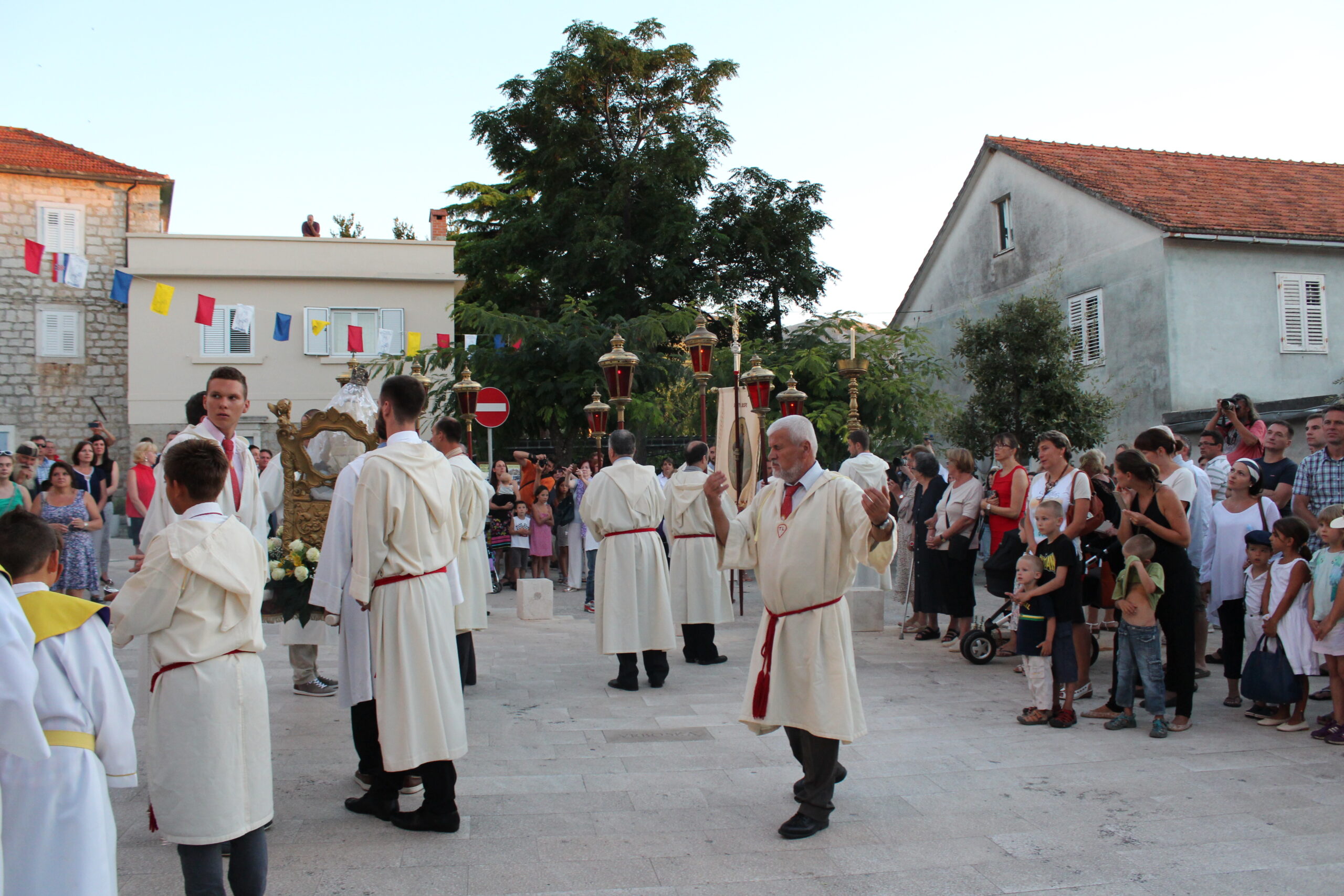
Forgiveness as Acts of Everyday Co-existence
In the context of focus groups with ethnic Croats and Serbs in Croatia, formal apologies and forgiveness might not be necessary to build peaceful, intergroup relationships between ethnic Serbs and Croats, but the “exchange of mutual social gestures showing readiness for contact and moving on with everyday living” are meaningful.

War Diminishes Global Economic Growth
War is expensive and destructive, affecting long-term economic growth through population changes, fewer investments, and worsening educational outcomes.

Functional Coexistence to Manage Conflicts in a State of Nonresolution
A decades-long process of conflict intervention reveals that conditions that appear to be unchangeable can change over time, even in conflicts with no resolution in sight and where no mutual recognition exists between parties.
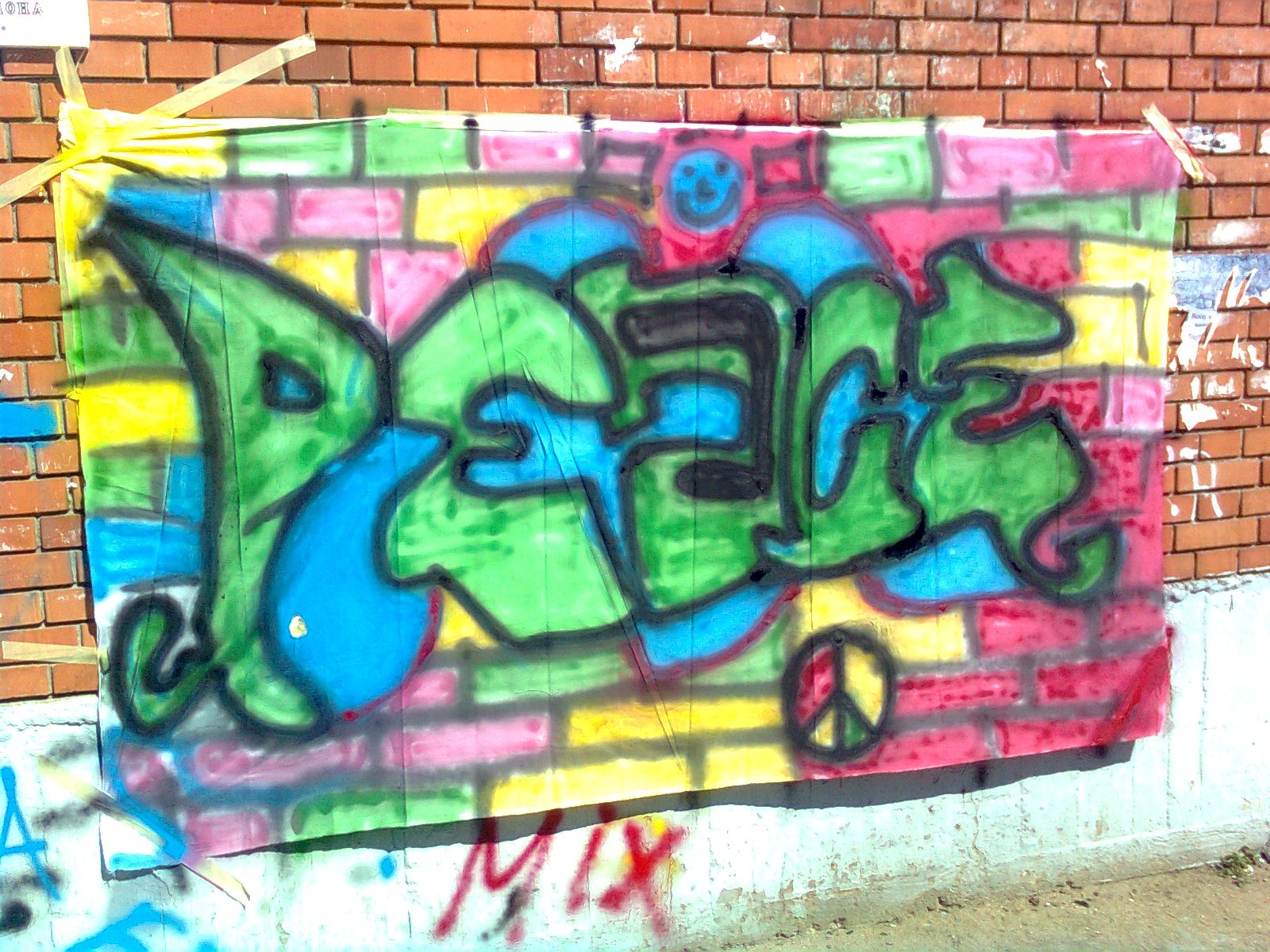
Local Peace Agreements as a Means to Dissolving Armed Conflict
Armed conflict and peacemaking are best understood not in terms of a hierarchical relationship between local and national levels but instead as a “mesh” of different “conflictscapes.”
Building Peace through Sport in Northern Ireland and Korea
In this essay, the authors are interested in how sport can be harnessed as a tool of peacebuilding, with a specific focus on Northern Ireland and Korea.
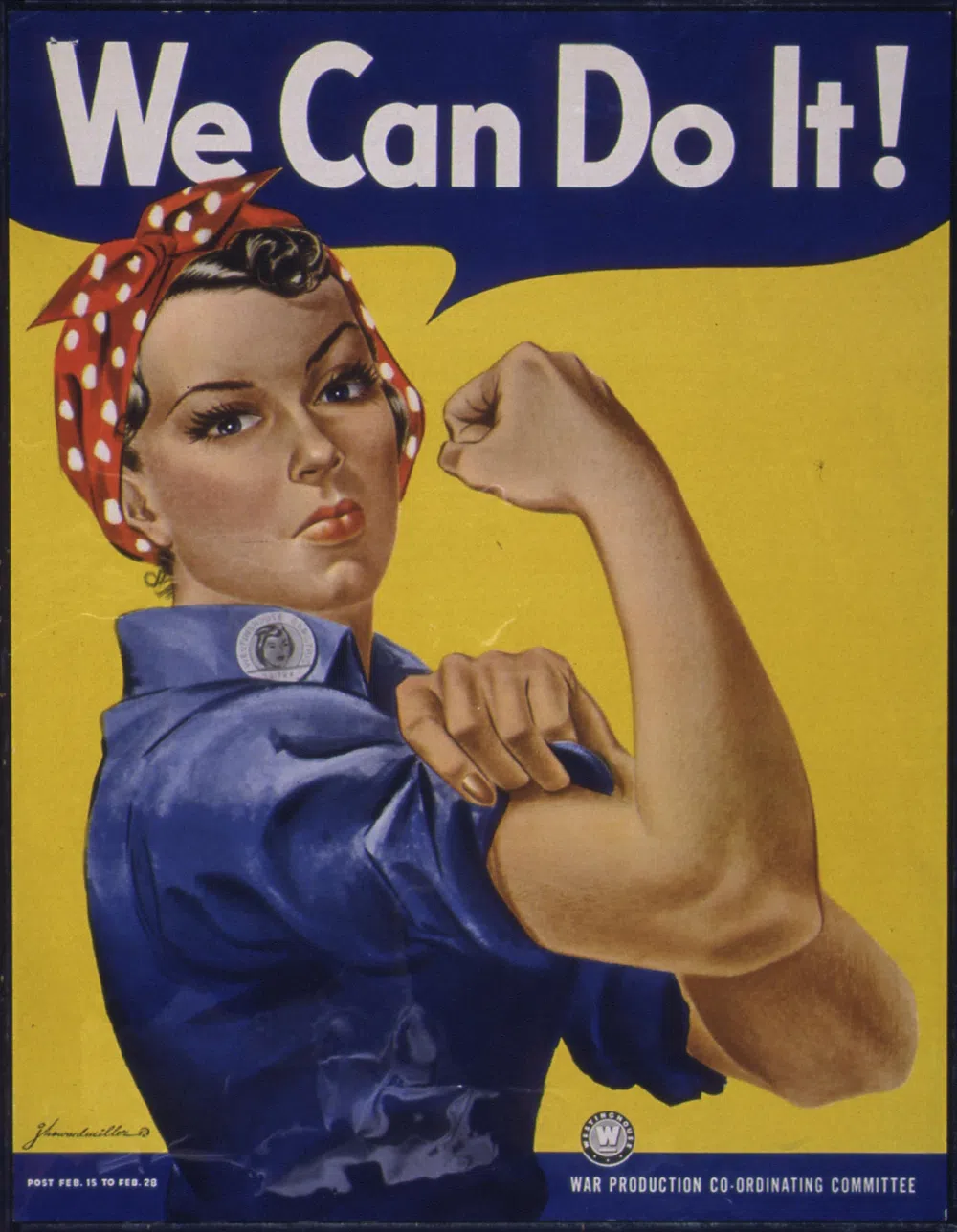
A Feminist Critique of Military Heritage
Gender and sexuality norms are employed at military heritage sites to reinforce traditional national security thinking on the necessity of protecting territory through military force.
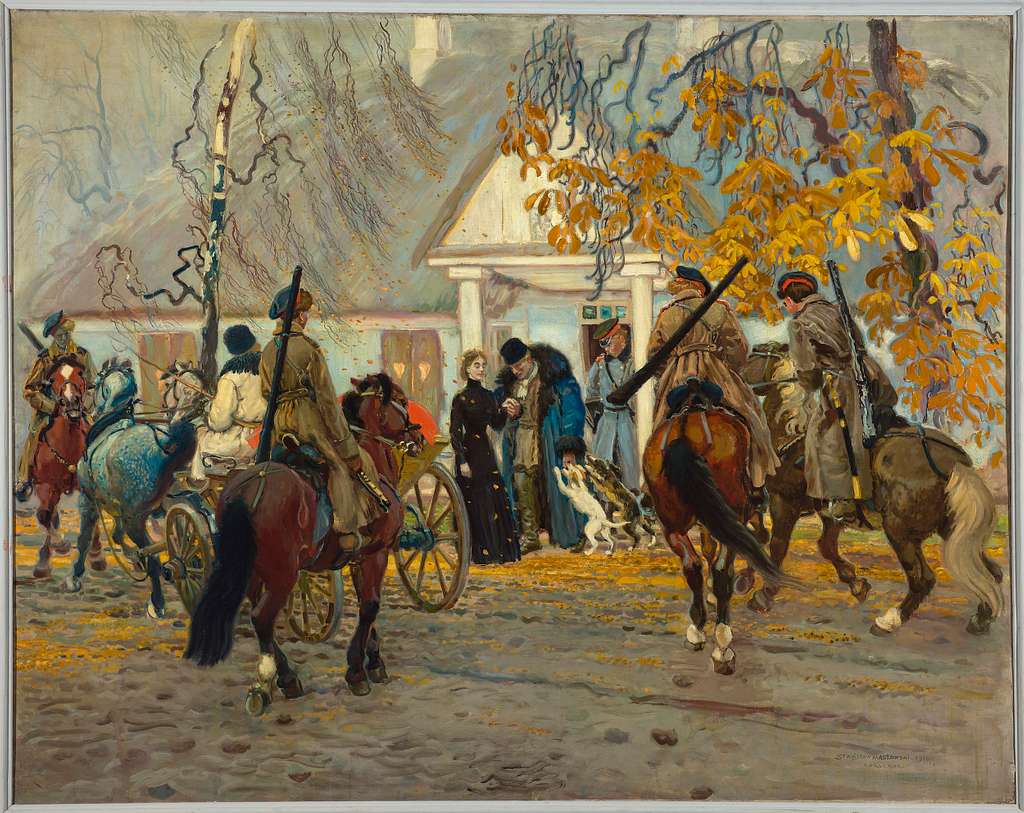
Time and Counterinsurgency’s Failures
Using the lens of time to analyze counterinsurgency (COIN) reveals its colonial heritage but also makes evident paradoxes and tensions within COIN doctrine that clarify why it repeatedly fails to serve U.S. interests.
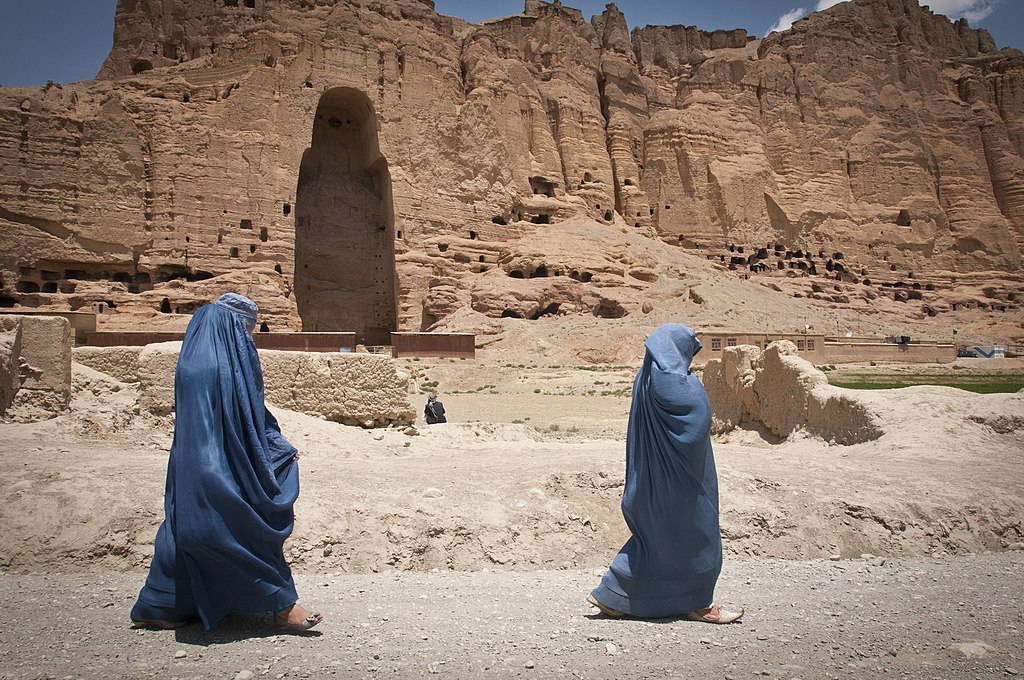
The Silencing of Afghan Women in the Peace and Reintegration Process
Despite international calls for women’s inclusion, Afghan women have played a very limited role in the peace process—highlighting the lack of importance assigned to women’s experiences by both Afghan society and the international community.
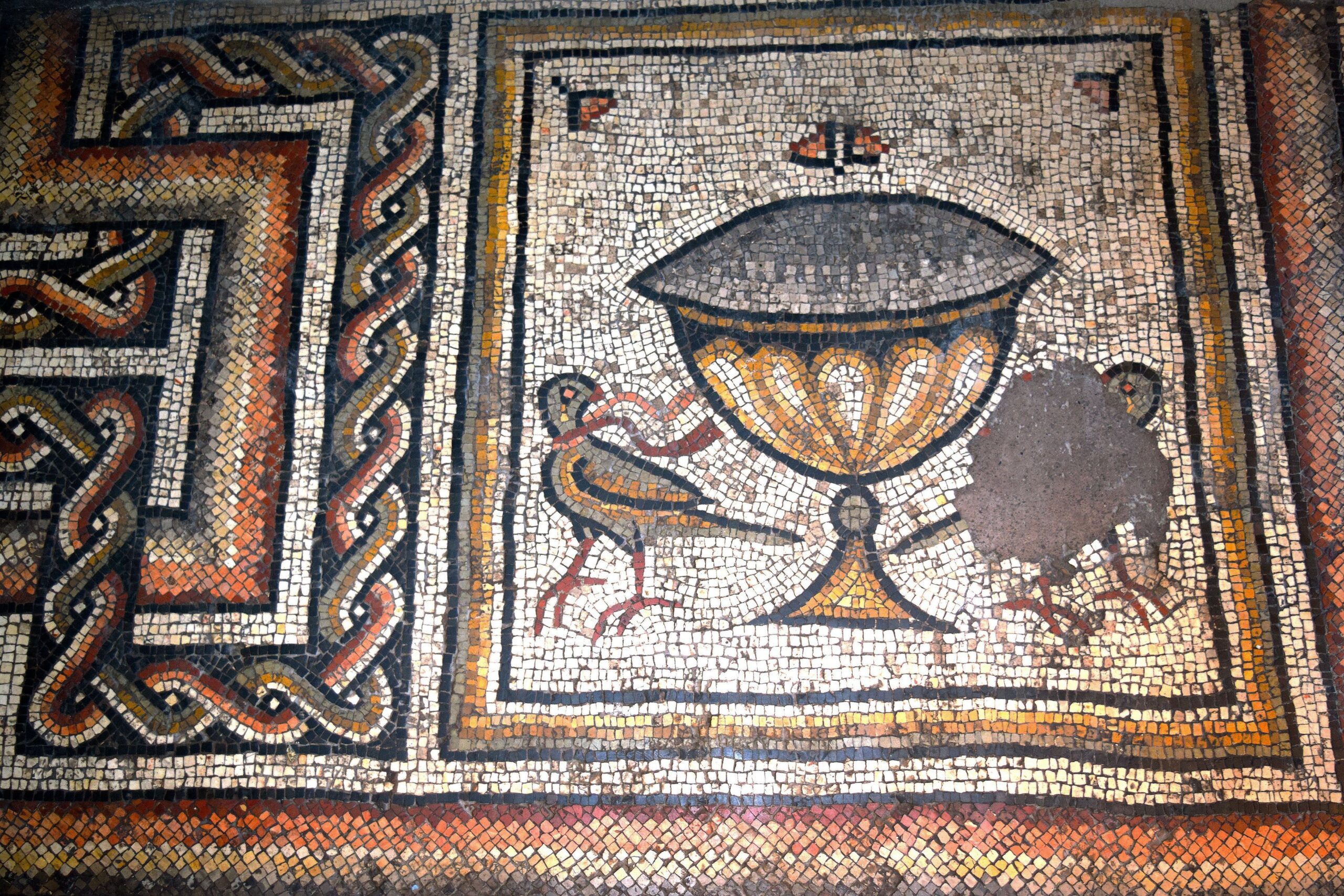
Bottom-Up Conflict Narratives and Identity Construction in Syria
Individuals’ interpretations of the Syrian armed conflict correlated with their way of thinking about the “in-group” to which they envision belonging in the future—namely, whether that “in-group” is broadly inclusive and pluralistic or narrowly defined in terms of ethnic or sectarian identity.
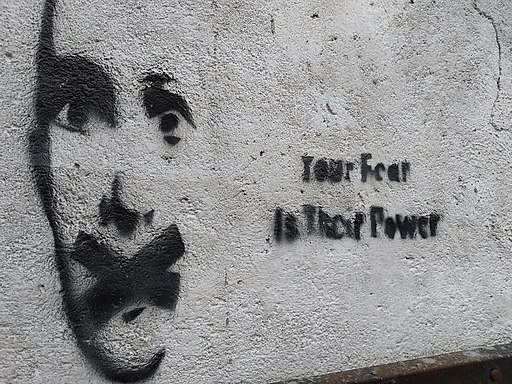
Facts Change Americans’ Beliefs About the Actual Risks of Terrorism
Facts about the risk of terrorism, especially in the context of other risks factors, can mitigate Americans’ fears of terrorism and bring them into closer alignment with reality.
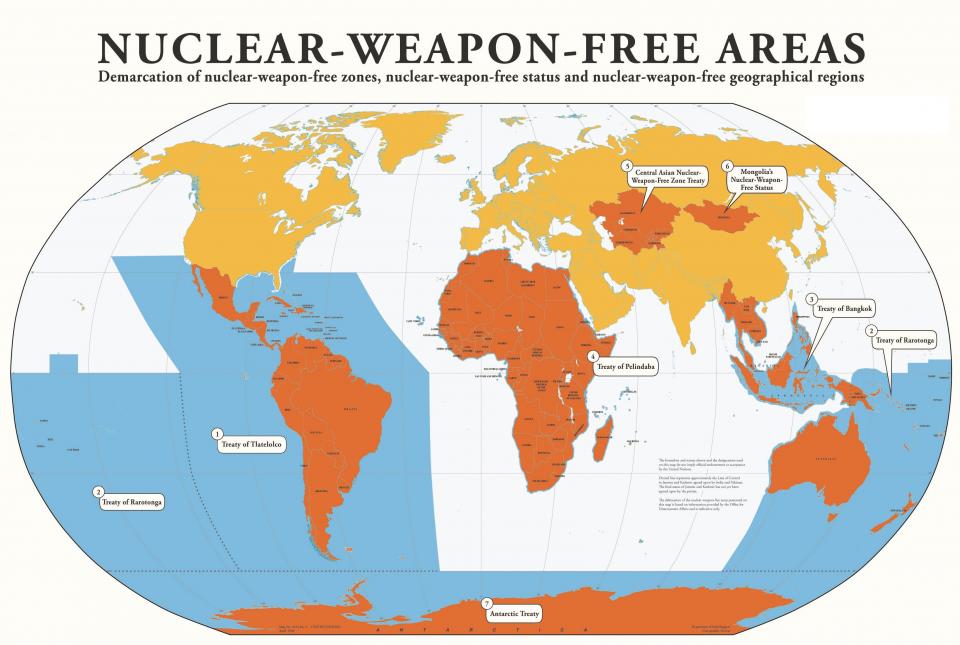
An African Obedient Rebellion to the Global Nuclear Order
The African nuclear weapon-free zone, as a form of “obedient rebellion”, is central to challenging the global nuclear order.
